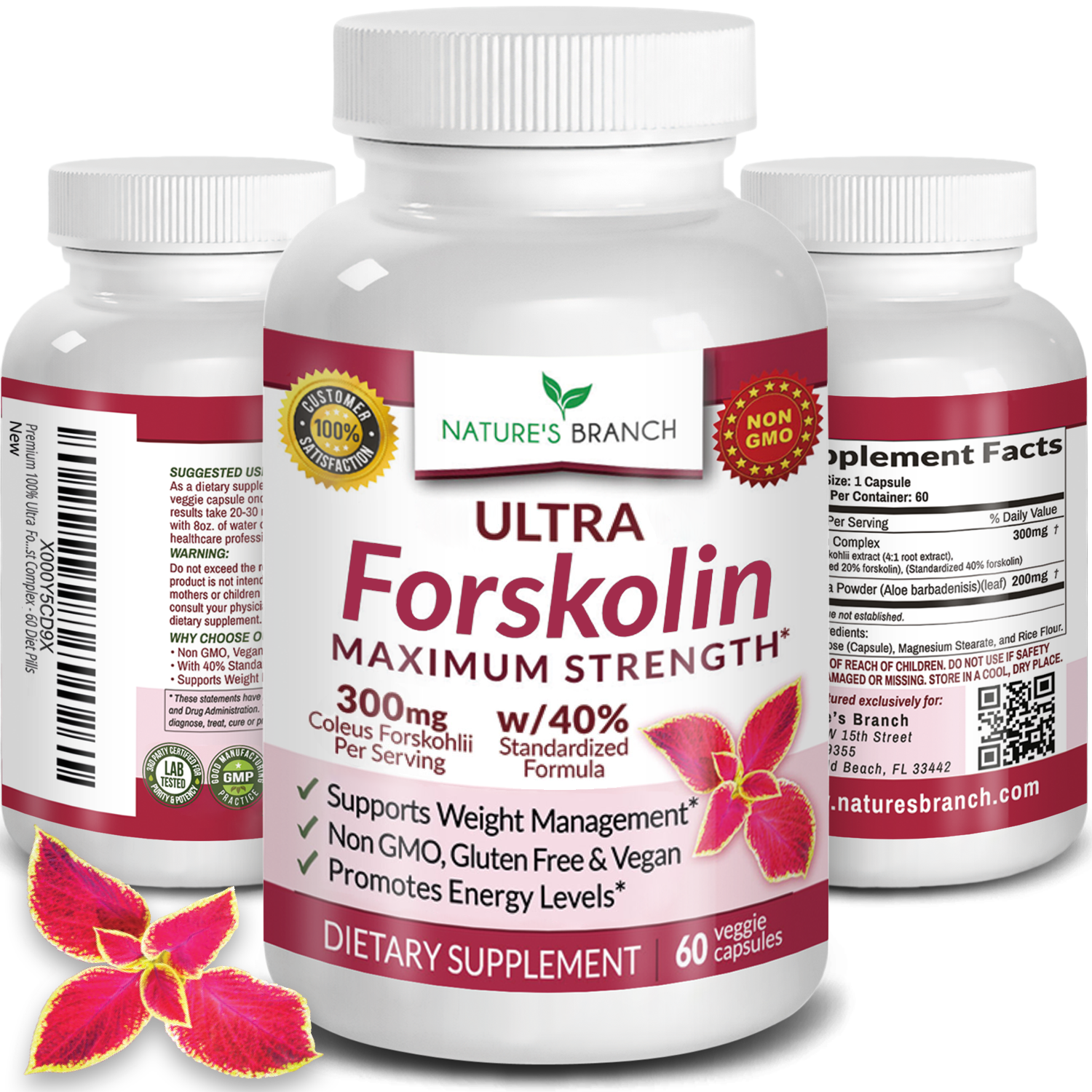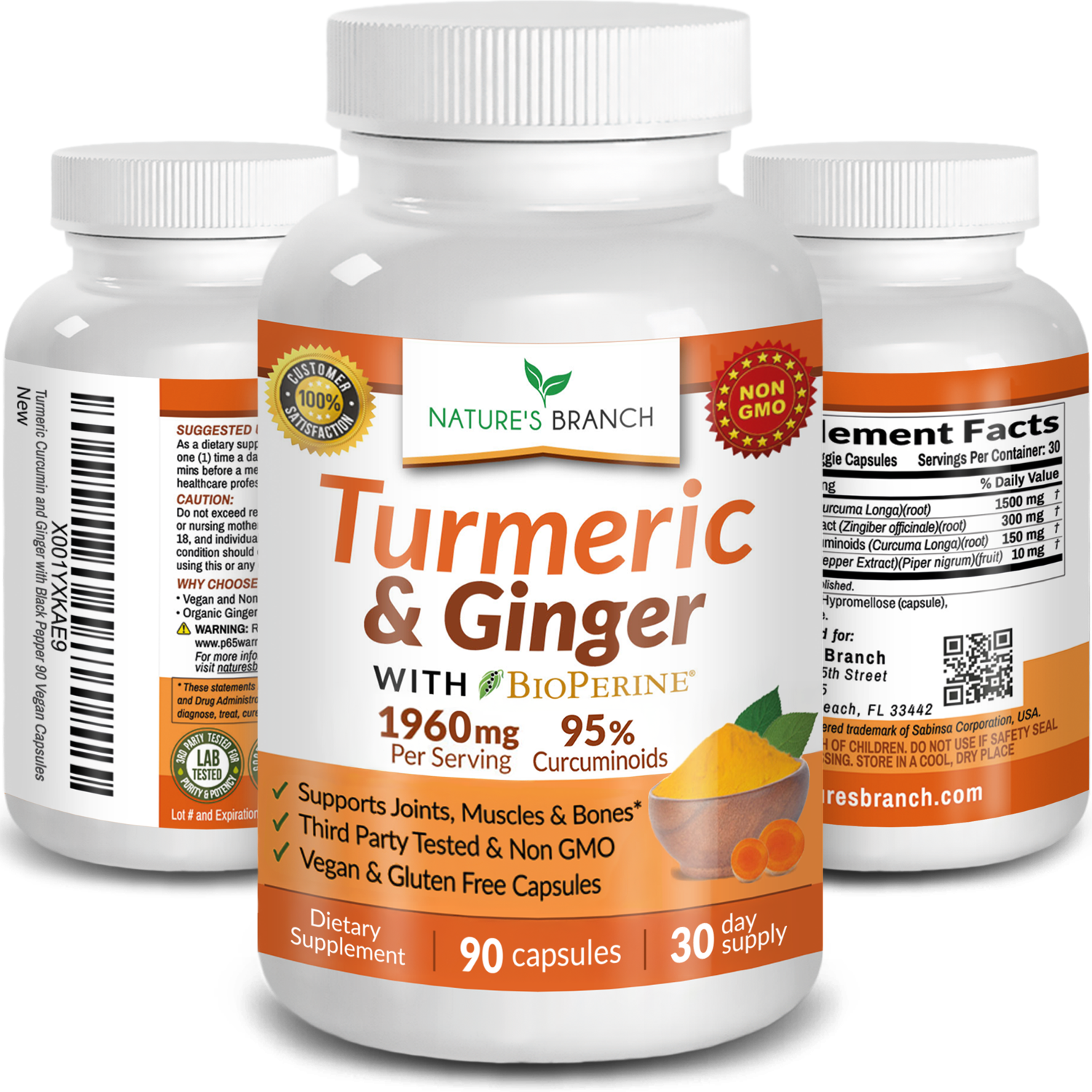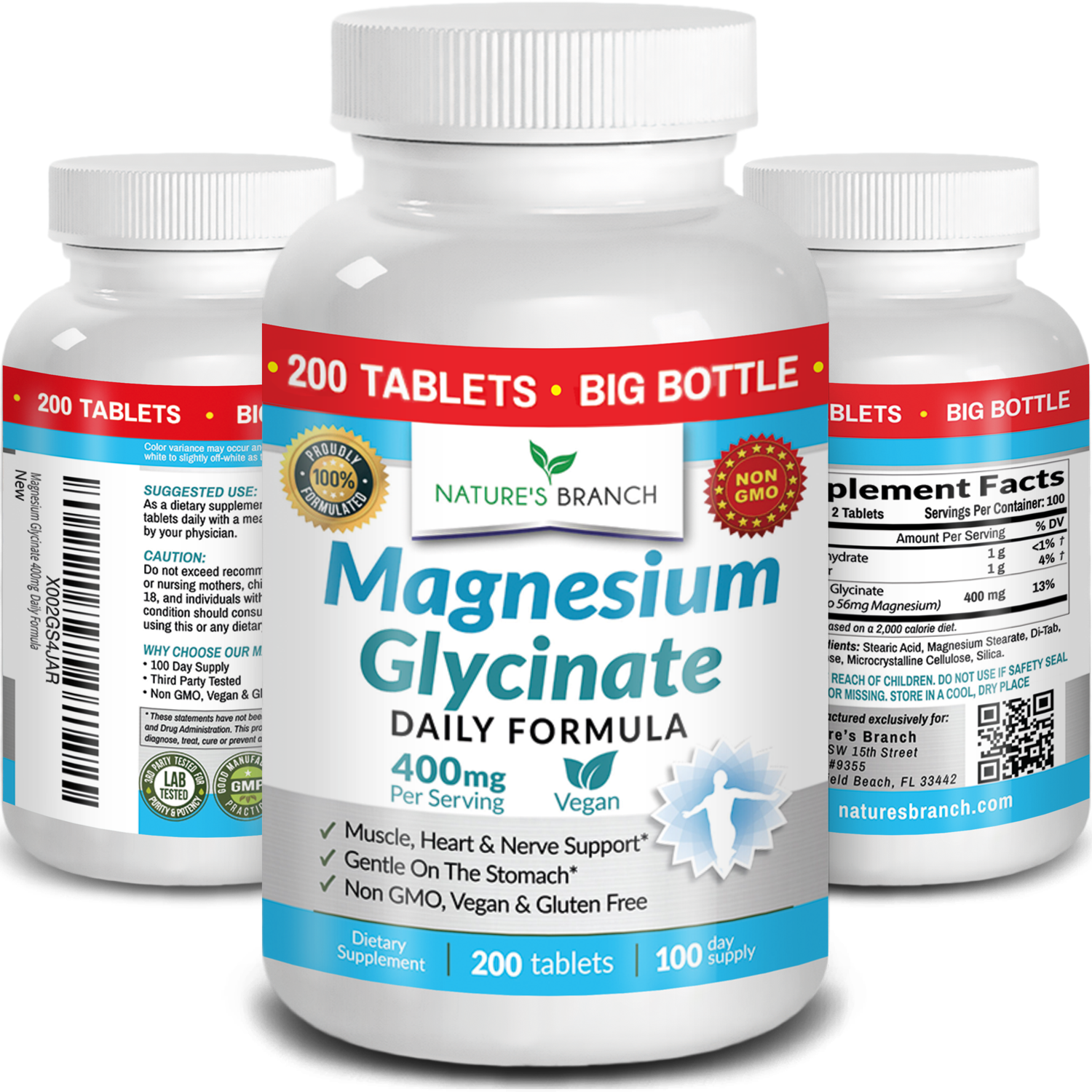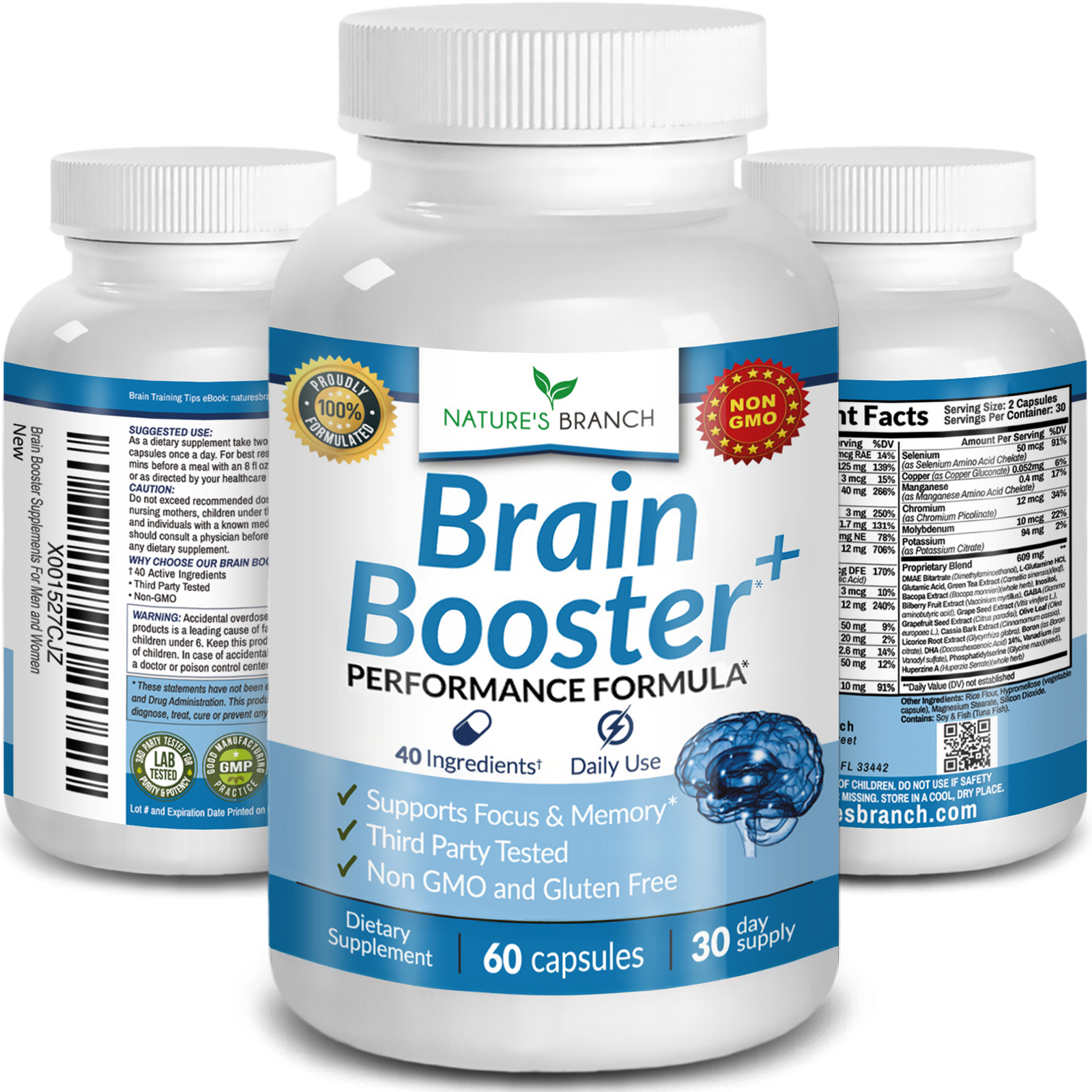There are numerous ways given for helping to support one’s brain health. Changes in one’s diet, a new exercise regimen, or even regular socialization have been said just name a few.. But have you ever thought about taking a daily supplement for your cognition?
According to recent statistics from Grand View Research, it was predicted that the global brain health supplements market size would expand at a compound annual growth rate (CAGR) of about 8% by the years 2021 onwards. This just proves how more people are now paying attention to brain health, and are actively seeking ways to improve it.
Supplements may help support your system and provide you with numerous quantities of vitamins, minerals, and nutrients. When we give the brain adequate nutrients, improving one’s cognitive function and memory may also be assisted.. Our body has a way of reminding us when we are short on vitamins, and this may cause compromise even in our daily cognitive function and capabilities.
So, here are some supplements that you may want to consider when supporting your memory and focus.
Omega-3 Fish Oil
There are essential fats found or extracted from oily fishes like tuna and mackerel. This is where “fish oil” comes into the picture. As odd as it may sound, fish oil may be very beneficial for the body. Many people have a perception that fats are bad for the body. Well, let’s get things straight. There are “bad fats” and there are “good fats” and fish oil is considered as the latter!
Fish Oil is comprised of essential fatty acids that contain docosahexaenoic acid (DHA) and eicosapentaenoic acid (EPA). They may sound complex, but in a nutshell, these essential fatty acids may help support the improvement of cognitive functions while containing anti-inflammatory qualities.
Some studies have also revealed that DHA-containing supplements may be closely linked with thinking and reaction times. Regarding Eicosapentaenoic Acid (EPA), research has suggested that it may help support heart health and joint support.
Vitamin E
Vitamin E is one of the most popular antioxidants.It acts on free radicals and helps support our cognitive functions. It is said to reduce oxidative stress which is goof for brain health and assist skin and eye health.
B Vitamins
In one of their facilitated studies, the National Institutes of Health has revealed that poor memory and mental alertness may be linked to Vitamin B, specifically the Vitamin B12 deficiency.
There is also a group of B Vitamins helpful for our daily cognitive functions, especially Vitamin B6, B9 (Folate), and B12. They aid in breaking down substances, such as homocysteine, present in our brain system. B Vitamins are said to assist in the formulation of new brain cells. Sounds impressive, right?
Vitamin D
Vitamin D is a well-known supplement when we talk about bones and muscle health. But there's more about Vitamin D!
Vitamin D has also been linked to cognitive function.What does that mean? Vitamin D may help support the brain and nervous system along with the decline of our cognitive capacities due to aging.It may also assist our brain in regards to memory and focus.
Many supplements in the market may provide these vitamins, but make sure to research as much as possible when taking one.
Having a balanced diet and exercise routines should also be combined with daily supplementation for optimal health. Moreover, it is always advised to consult your primary care provider when trying out any supplement.
Check out Nature’s Branch Brain Booster+ for more information below:















Leave a comment (all fields required)